<Back to Index>
- Prime Minister of Luxembourg Joseph Bech, 1887
- Prime Minister of Luxembourg Pierre Werner, 1913
PAGE SPONSOR
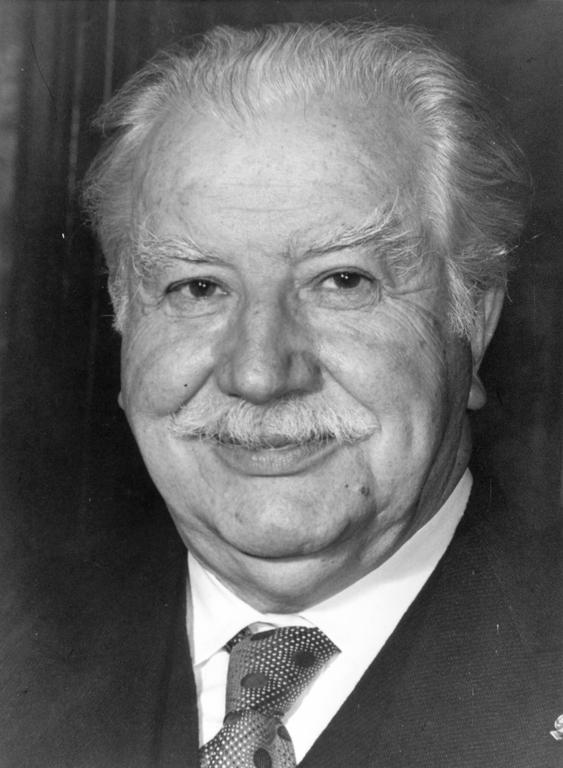
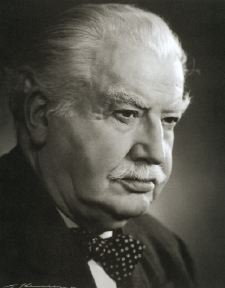
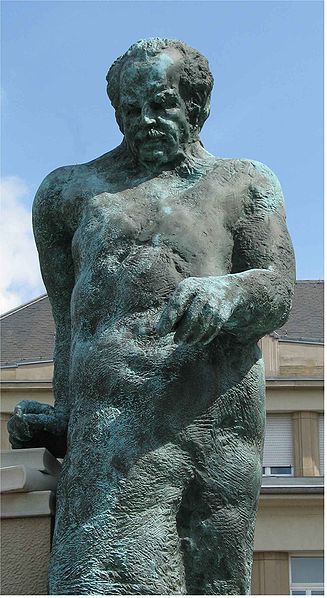
Joseph Bech (17 February 1887 – 8 March 1975) was a Luxembourgian politician. He was the 15th Prime Minister of Luxembourg, serving for eleven years, from July 16, 1926 until November 5, 1937. He returned to the position after World War II, becoming the 17th Prime Minister, serving for another four years, from 29 December 1953 until 29 March 1958.
Bech studied Law at Freiburg and Paris, before qualifying as a lawyer in 1914. The same year, on 30 June, he was elected to the Luxembourgian Chamber of Deputies for the newly founded Party of the Right, representing the canton of Grevenmacher.
On 15 April 1921, Bech was appointed to Émile Reuter's cabinet, holding the positions of Director General for the Interior and Director General for Education. In 1925, Bech lost these positions, as the Party of the Right's was edged out of government by a coalition of all other parties, who formed the government under Pierre Prüm.
When Prüm's coalition collapsed, in 1926, Bech became Prime Minister, which he remained until 1937.
Bech is considered to be one of the 'Founding Fathers' of the European Community. He was one of the participants of the Messina Conference in 1955, which would lead to the Treaty of Rome in 1957.
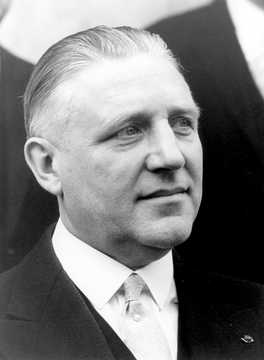
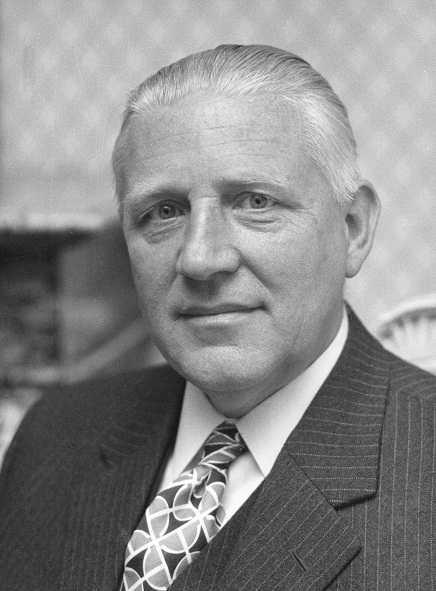
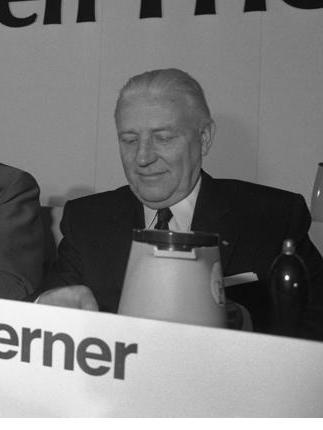
Pierre Werner (29 December 1913 - 24 June 2002) was a Luxembourg politician. Pierre Werner was born in Saint - André - lez - Lille, Nord, France to parents from Luxembourg. During the Nazi occupation of Luxembourg (1940 – 45) Werner, working as a banker, gave clandestine support to the resistance against the occupation forces. After World War 2 he became the Controller of the banking system in his country. He attended the Bretton Woods conference which set up the International Monetary Fund (IMF). Werner entered the Luxembourg government as Finance Minister in 1953, and was 19th and 21st Prime Minister from 1959 to 1974 and from 1979 to 1984. He also served as Minister for Culture.
As Prime minister, Werner, a Christian Democrat, undertook the diversification of the national economy, hard hit by a major Europe - wide crisis in the steel industry, by attracting new industrial investments, as well as financial services to the Grand Duchy. He placed Luxembourg on the map of global satellite communications. He is remembered for having used “tripartite” social mediation (industry, labor and government) to overcome the severe steel crisis which lasted from 1979 to 1984. He placed the process of European integration at the center of the policy of his country. With friends such as Joseph Bech, Jean Monnet and Robert Schuman, Werner was a determined advocate of European integration. During his terms in office, he negotiated the relocation of several European institutions to Luxembourg.
Werner was instrumental in solving the "empty chair" crisis provoked in 1965 by President Charles de Gaulle who, dissatisfied with the orientations of European integration at that time, had decided France would suspend its participation in meetings with other Member States; Werner persuaded France to resume its seat, thus re-enabling the decision making process. In 1970, Werner was given the mandate by the heads of State or government to draft, with a group of experts, a blueprint for an economic and monetary union within the EEC. The “Werner Plan” was later revived and extended by Jacques Delors. Its principles were enshrined in the Treaty of Maastricht, paving the way for the single European currency, i.e., the euro.
The Pierre Werner Institute was created in Luxembourg in 2003 at the behest of the Foreign Ministers of France, Germany and Luxembourg (at the time, respectively Dominique de Villepin, Joschka Fischer and Lydie Polfer), Erna Hennicot - Schoepges, then Minister for Culture, universities and research in Luxembourg, having fostered the project. IPW organizes seminars and conferences aimed at promoting better understanding among the 3 founding countries, but also more widely throughout Europe.
Werner, a sponsor of culture and especially music, actively promoted the restoration of Luxembourg's heritage (e.g. Vianden Castle). A keen fan of cricket since living in London, the United Kingdom, in 1930, Werner was Honorary President of the Optimists Cricket Club, which he promoted during, between, and after his premierships. In his honor, Luxembourg's main cricket ground, the Pierre Werner Cricket Ground in Walferdange, is named after him.
Pierre Werner died on 24 June 2002, in Luxembourg City.